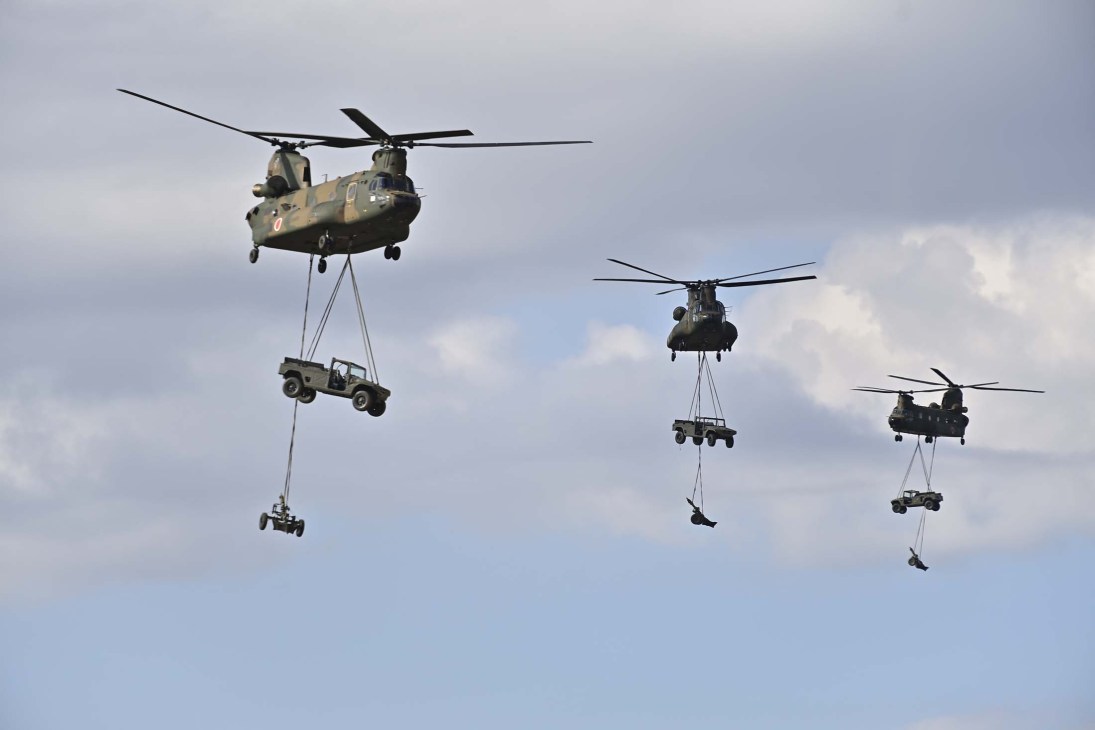On the defensive: Europe must co-ordinate its defence procurement to avoid past mistakes

European defence stocks are booming. In the first quarters of 2025, indices such as the Stoxx 600 added more than $100bn (€92bn) in market value. This is down to the start of a massive rearmament programme intended to compensate for the perceived loss of US security guarantees. But how does Europe, and particularly the EU, avoid repeating the mistakes of the past? The European Commission estimates that a lack of intracontinental co-operation costs the bloc up to €100bn a year.
Due to a diverse range of suppliers, the continent’s militaries often possess non-interoperable munitions. Recent data suggests that this is shifting – the number of key weapon systems in production is decreasing. However, national governments have historically procured materiel independently, often favouring their domestic industries. While politically expedient, this fragmented approach has resulted in the duplication of efforts and inflated costs. In this context, Europe’s current defence build-up can be understood as both an evolution and a revolution in the continent’s approach to security co-operation. Several mechanisms to incentivise joint procurement and reduce fragmentation, such as the European Defence Fund, are already in place. More recent initiatives, such as the European Defence Industrial Development Programme (EDIP), have taken more concrete and ambitious steps. EDIP aims to pool defence procurement to ensure that, by 2030, 40 per cent of national defence budgets are directed towards pan-European programmes. It further envisions that EU nations will allocate 50 per cent of their defence procurement budgets within the bloc.

Yet the current wave of rearmament also marks a massive change in some long-standing defence investment paradigms. Several taboos have already been broken. In Germany, for instance, the country’s strict rules have been relaxed to allow defence expenditures of more than 1 per cent of GDP to be exempt from fiscal limits. At the EU level, there is a parallel push to ease broader spending regulations, clearing the way for unprecedented increases in defence budgets. European Commission president Ursula von der Leyen has proposed borrowing €800bn to finance air defence systems, missiles and drones. Combined with multi-billion-euro national packages in countries such as Germany, France, Poland and the Nordic states, this signals a decisive break from Europe’s traditionally fragmented, underfunded approach to defence.
Avoiding inefficiencies, prioritising joint development and interoperability is critical. Otherwise, Europe risks repeating past mistakes: spending vast sums without achieving meaningful strategic autonomy.
Grgic is Monocle’s security correspondent.



